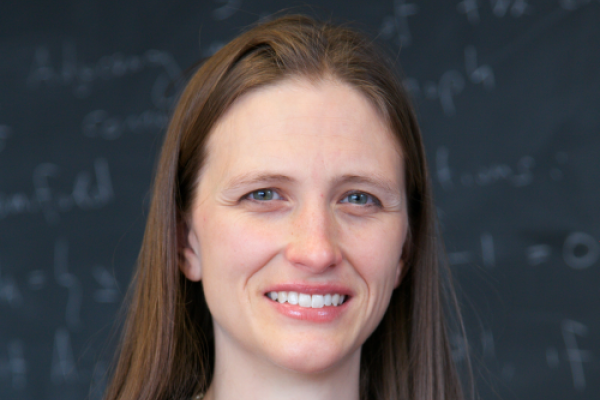
Title: Are colloids geometrically frustrated?
Speaker: Miranda Holmes-Cerfon (New York University, Courant Institute)
Abstract: One long-standing puzzle in statistical mechanics is to explain how materials crystallize — in three dimensions, small systems seem to prefer different arrangements from large ones, a phenomenon known as geometric frustration. I will look at geometric frustration in colloids, particles which form the building blocks of many common materials, and show how ideas from geometry (the study of packing problems, and rigidity theory), bring insight into frustration which is difficult to obtain using traditional methods from statistical mechanics. In particular, I will show how algebraically “singular” configurations of particles play a critical role in explaining observations and determining the shape of the energy landscape. Applying the theory to rigid clusters of up to N=21 spheres suggests the free-energy landscape of a finite collection of sticky spheres approaches a universal shape, and it brings insight into the pathways to crystallization; observations which are empirical and could benefit from a more theoretical understanding.
